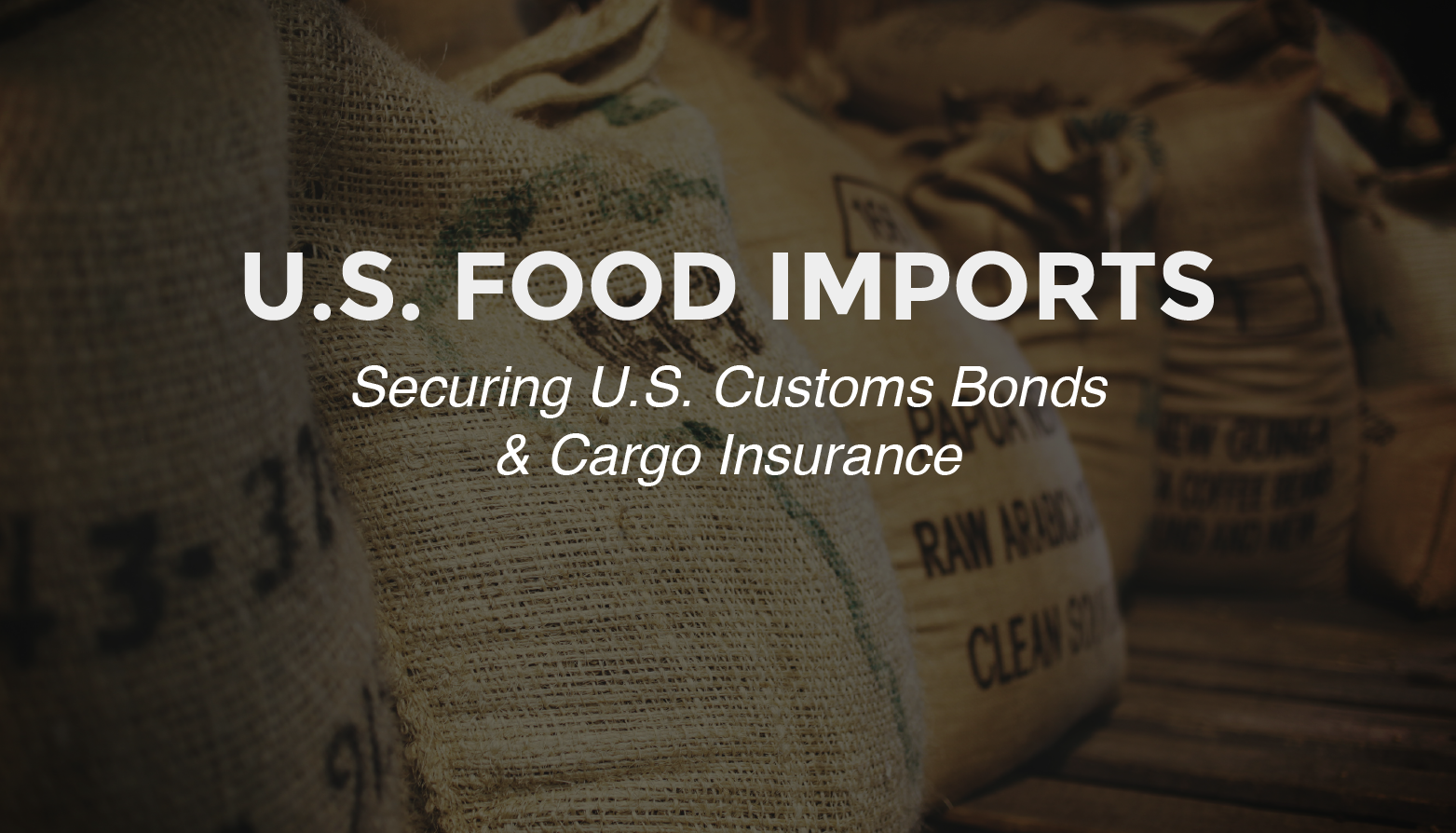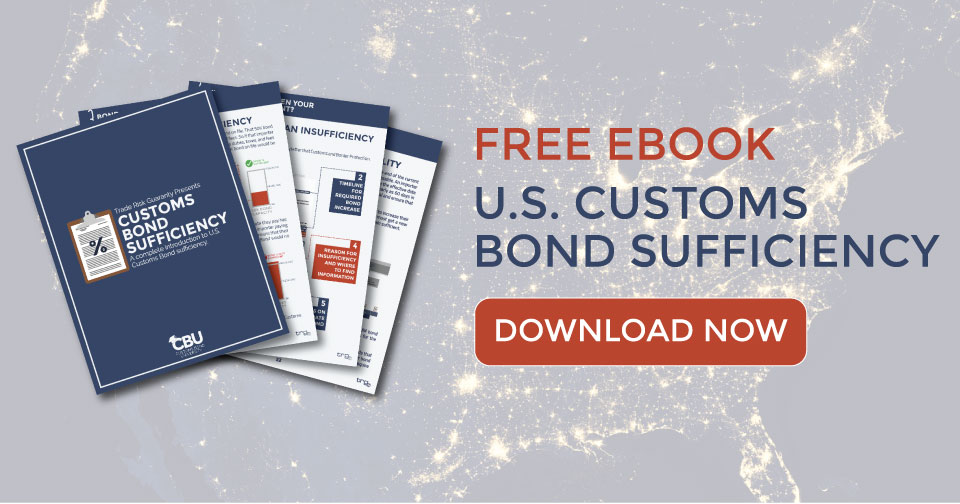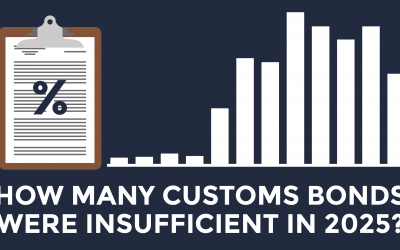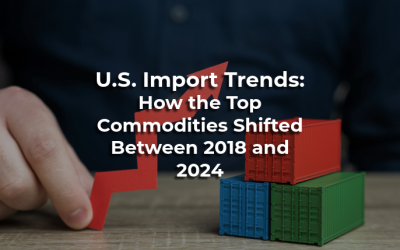In the intricate dance of global trade, food imports into the United States is a performance that requires precision between the requirements of government agencies and the security of your products.
For businesses involved in the trade of delectable goods from around the world, navigating U.S. food imports can be as challenging as it is rewarding. Central to this process are two key elements: customs bonds and cargo insurance. Today, we’ll explore the role these components play and why they are indispensable in the importation process.
Understanding U.S. Food Import Regulations
Every morsel of food entering the U.S. marketplace must comply with stringent regulations set forth by agencies such as the Food and Drug Administration (FDA) and the U.S. Department of Agriculture (USDA). These regulations are in place to ensure safety and quality control of all food products arriving on American soil.
Importers must be well-versed in the Bioterrorism Act and the Food Safety Modernization Act (FSMA), which mandate detailed record-keeping and proactive measures for food safety. Prior Notice of Imported Foods is a critical requirement, where importers must notify the FDA of any incoming food shipments. This process ensures the U.S. food supply remains safe from contamination and bioterrorism threats.
What are U.S. Customs Bonds for Food Imports?
A U.S. Customs bond is essentially an insurance policy that guarantees the U.S. Customs and Border Protection (CBP) that all duties, taxes, and fees owed to the government will be paid by the principle on the bond. There are two ways to purchase import bonds: single transaction bonds and continuous Customs bonds. The latter often proves to be more cost-effective for importers that bring in 2 or more shipments per year. TRG specializes in providing continuous Customs bonds to U.S. food importers.
Customs bonds serve a dual purpose: they protect the revenue of the U.S. government while also ensuring that importers follow regulatory requirements. Without a proper customs bond, imported food items will be denied entry through Customs, resulting in costly disruptions for businesses.
The Importance of Cargo Insurance for Food Imports
Transporting food internationally isn’t without its perils. From the moment a shipment leaves its origin to the moment it arrives at its destination, countless risks threaten the integrity of the food products. This is where cargo insurance becomes invaluable.
Cargo insurance policies can cover loss or damage due to weather, spoilage, theft, or contamination. For perishable food items, this type of insurance isn’t just recommended; it’s a critical layer of financial protection. Cargo insurance acts as a safeguard, ensuring that an importer’s investment isn’t lost to the unexpected.
How to Obtain Customs Bonds and Cargo Insurance
Together, Customs Bonds and cargo insurance create a secure means for importing your food shipment while maintaining compliance with CBP. The process of obtaining a Customs Bond can be as easy as filling out an application, but may involve a thorough evaluation of your company’s financials if further underwriting is required.
As for cargo insurance, selecting the right policy requires an understanding of the different coverage options available. Importers should consult with insurance agents or brokers who specialize in cargo insurance for food imports to find a policy that best fits their specific needs.
Best Practices for Importers of Food Products
Nothing is more important to you than your food imports arriving on time and in pristine condition. To maintain compliance and ensure smooth transport of your shipment, importers should:
- Ensure all regulatory paperwork is meticulously completed and submitted.
- Maintain a good working relationship with experienced customs brokers.
- Utilize technology for tracking shipments and managing documents.
- Regularly review their U.S. Customs bond and cargo insurance policies to adjust for changes in trade volume or value.
The importation of food into the U.S. is a highly regulated and complex process that necessitates a clear understanding of customs bonds and cargo insurance. By ensuring compliance with import regulations and protecting shipments with the right insurance coverage, businesses can mitigate risks and avoid unnecessary costs.
For those in the industry, these elements are not just regulatory hoops to jump through; they are the pillars supporting a successful import business. If you’re looking to streamline your U.S. food import operations, contact our customs bonds and cargo insurance experts today.







